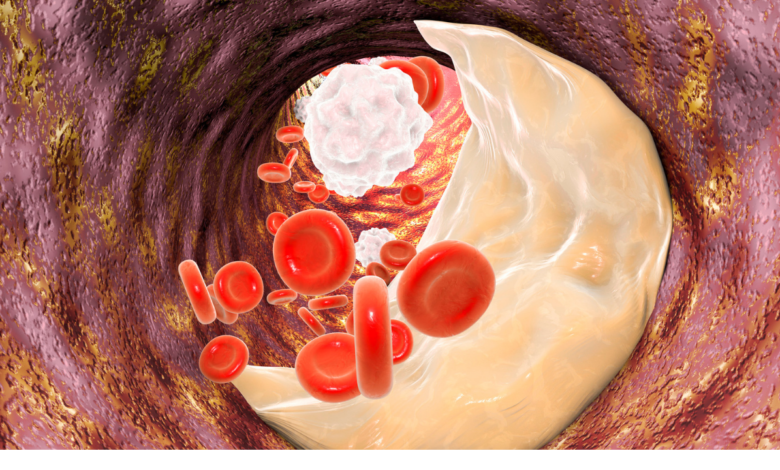Marfan Syndrome: A connective tissue disorder affecting the bones, heart, and blood vessels.

What is the Marfan Syndrome ?
Marfan syndrome is a genetic disorder that affects connective tissue, a type of tissue that supports the body’s organs and structures. People with Marfan syndrome have abnormally long and slender limbs, often with loose joints and a tall stature. They may also experience problems with their heart, eyes, and bones.
What are the symptom of Marfan Syndrome?
Symptoms of Marfan syndrome can vary widely, but common symptoms include:
- Tall stature
- Long limbs and fingers
- Scoliosis (curvature of the spine)
- Joint pain or stiffness
- Flat feet
- Vision problems, including nearsightedness, cataracts, and detached retinas
- Heart problems, such as aortic aneurysm or mitral valve prolapsed
Who can suffer from Marfan Syndrome ?
Marfan syndrome is a genetic disorder that is inherited from both parents. It can affect people of all races and ethnicities.
What are the type of Marfan Syndrome ?
There are three main types of Marfan syndrome:
- Classic Marfan syndrome: This is the most common type, characterized by long bones, joint laxity, and heart problems.
- Mild Marfan syndrome: People with mild Marfan syndrome may have fewer symptoms and less severe complications.
- Milder variant of Marfan syndrome: This is a less severe form of the disorder, often with fewer skeletal abnormalities.
Which diagnostic are available for the Marfan Syndrome ?
· Physical examination: A doctor will examine the patient’s height, limbs, joints, and eyes.
· Genetic testing: This can confirm the presence of the gene mutation that causes Marfan syndrome.
· Echocardiogram: This test uses sound waves to examine the heart and its valves.
· Eye exam: This test can check for vision problems associated with Marfan syndrome.
· X-rays: X-rays can be used to examine the bones and spine.
What are the treatment of the Marfan Syndrome ?
There is no cure for Marfan syndrome, but treatment can help manage symptoms and prevent complications. Treatment may include:
- Medication: Beta-blockers can help lower blood pressure and reduce the risk of aortic aneurysm.
- Surgery: In some cases, surgery may be necessary to repair heart defects or correct skeletal abnormalities.
- Regular monitoring: People with Marfan syndrome need regular follow-up care to monitor their condition and prevent complications.
Which diet should I take ,if any ?
There is no specific diet recommended for people with Marfan syndrome. However, a healthy diet that includes plenty of fruits, vegetables, whole grains, and lean protein can help maintain overall health.
Which speciality of the doctor will Marfan Syndrome?
A cardiologist is a doctor who specializes in treating heart conditions, including those associated with Marfan syndrome.
In Marfan Syndrome completely curable ?
Marfan syndrome is not a curable condition. However, with proper management, people with Marfan syndrome can live long and healthy lives.





